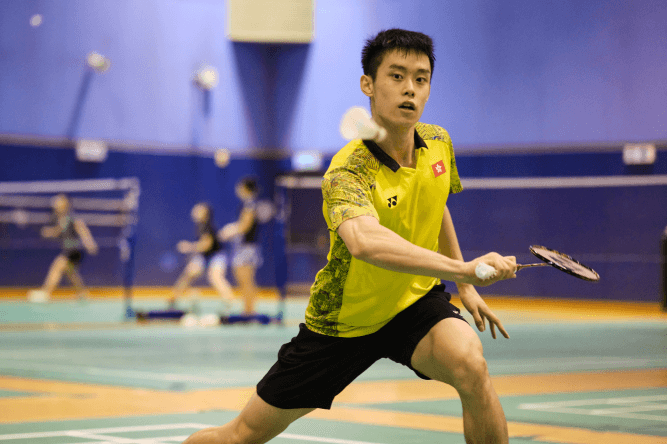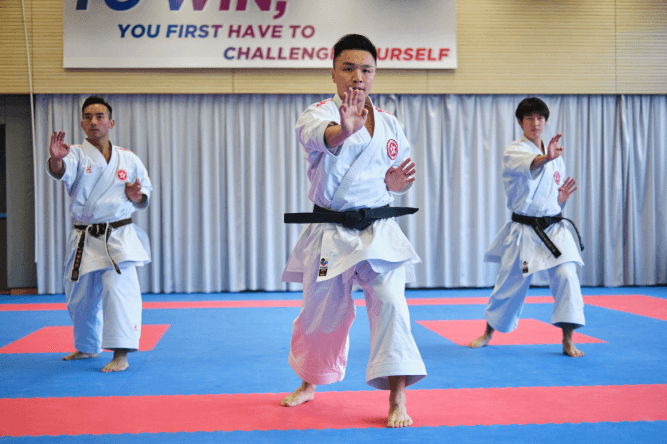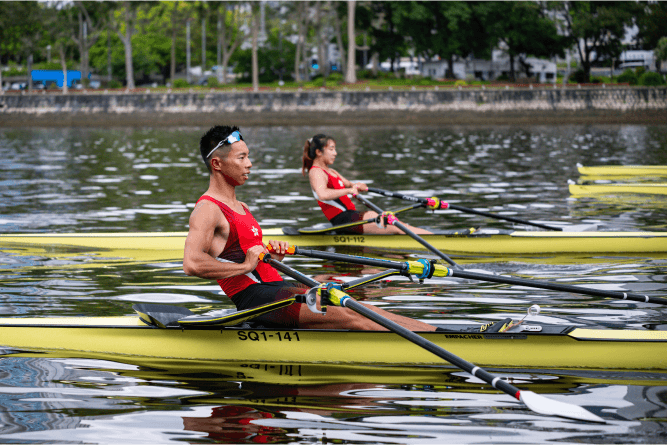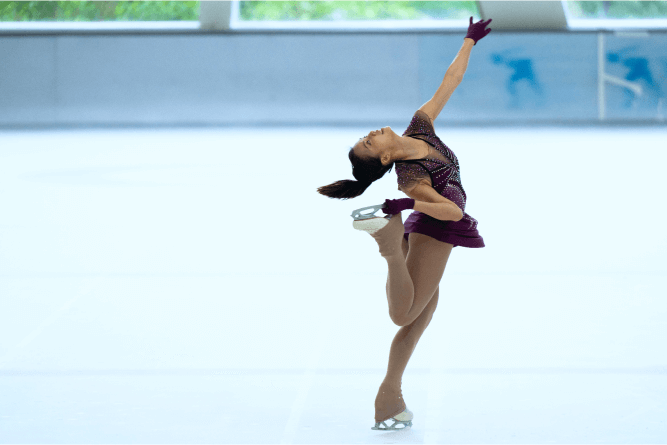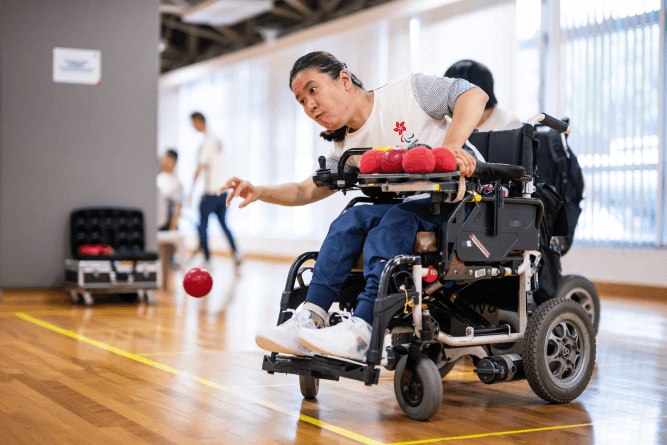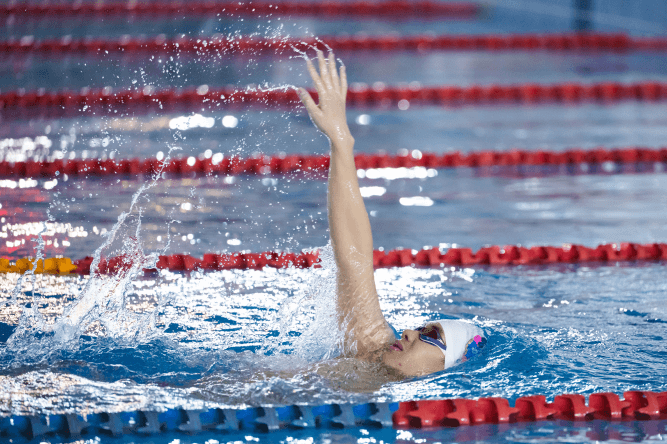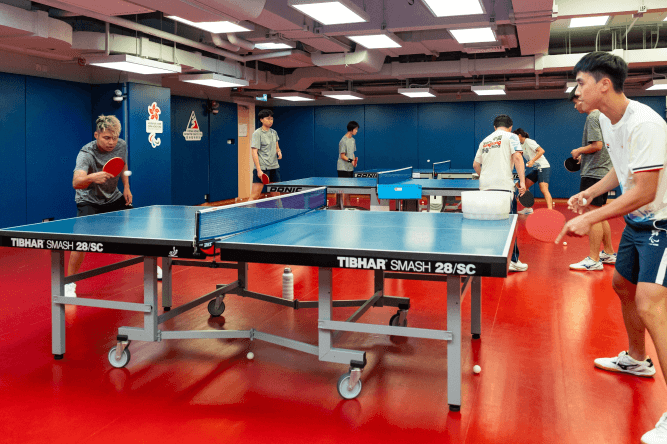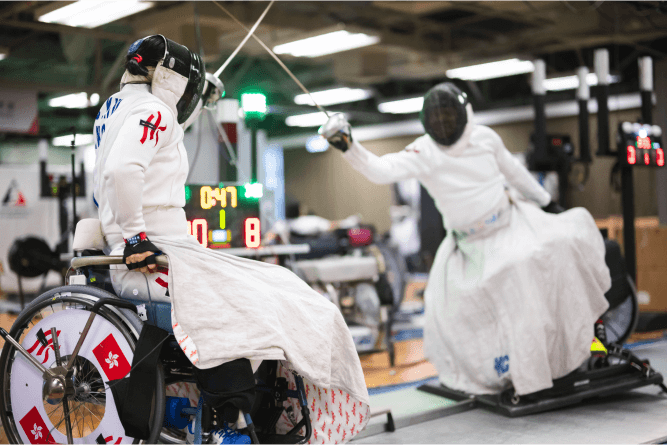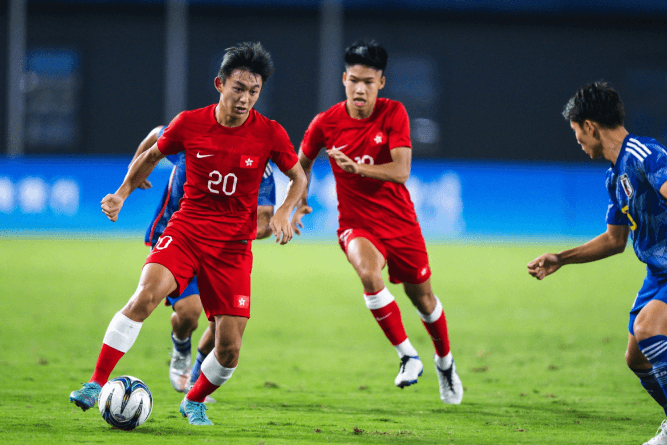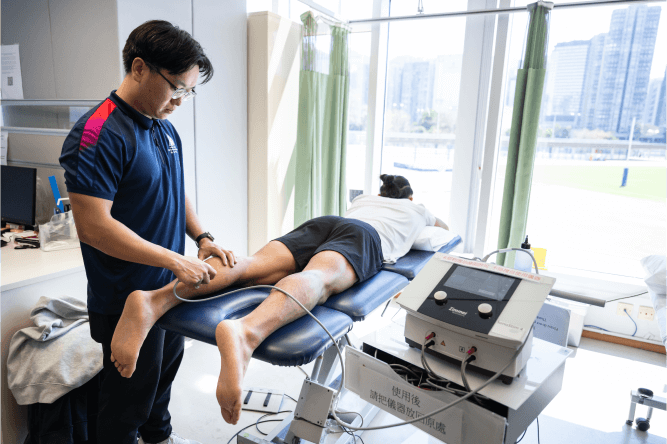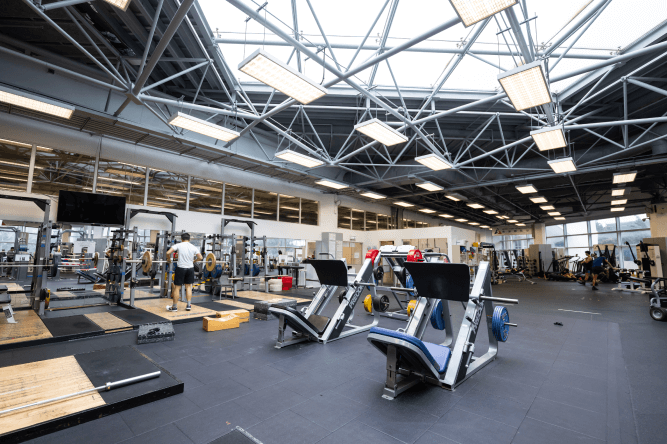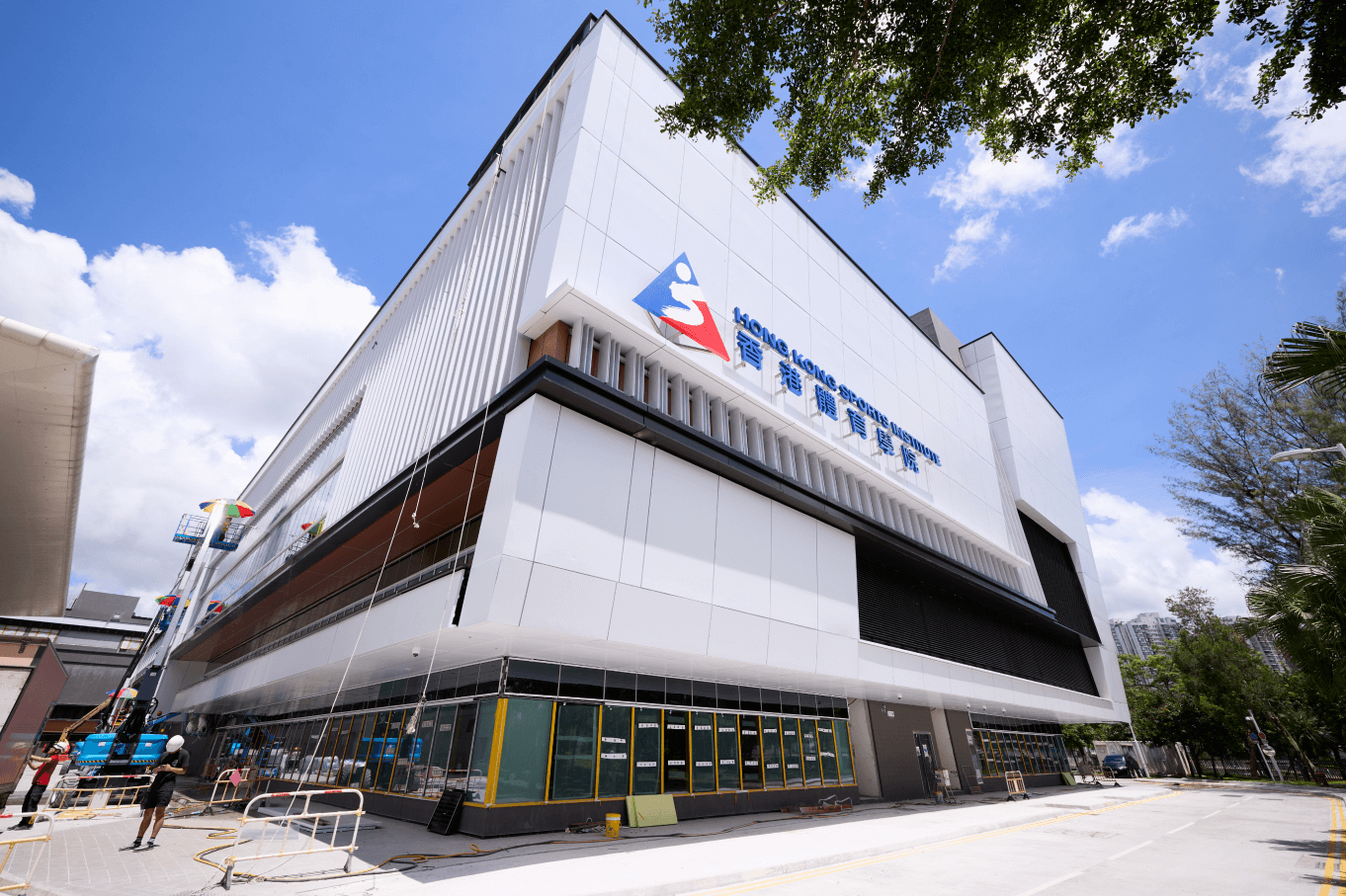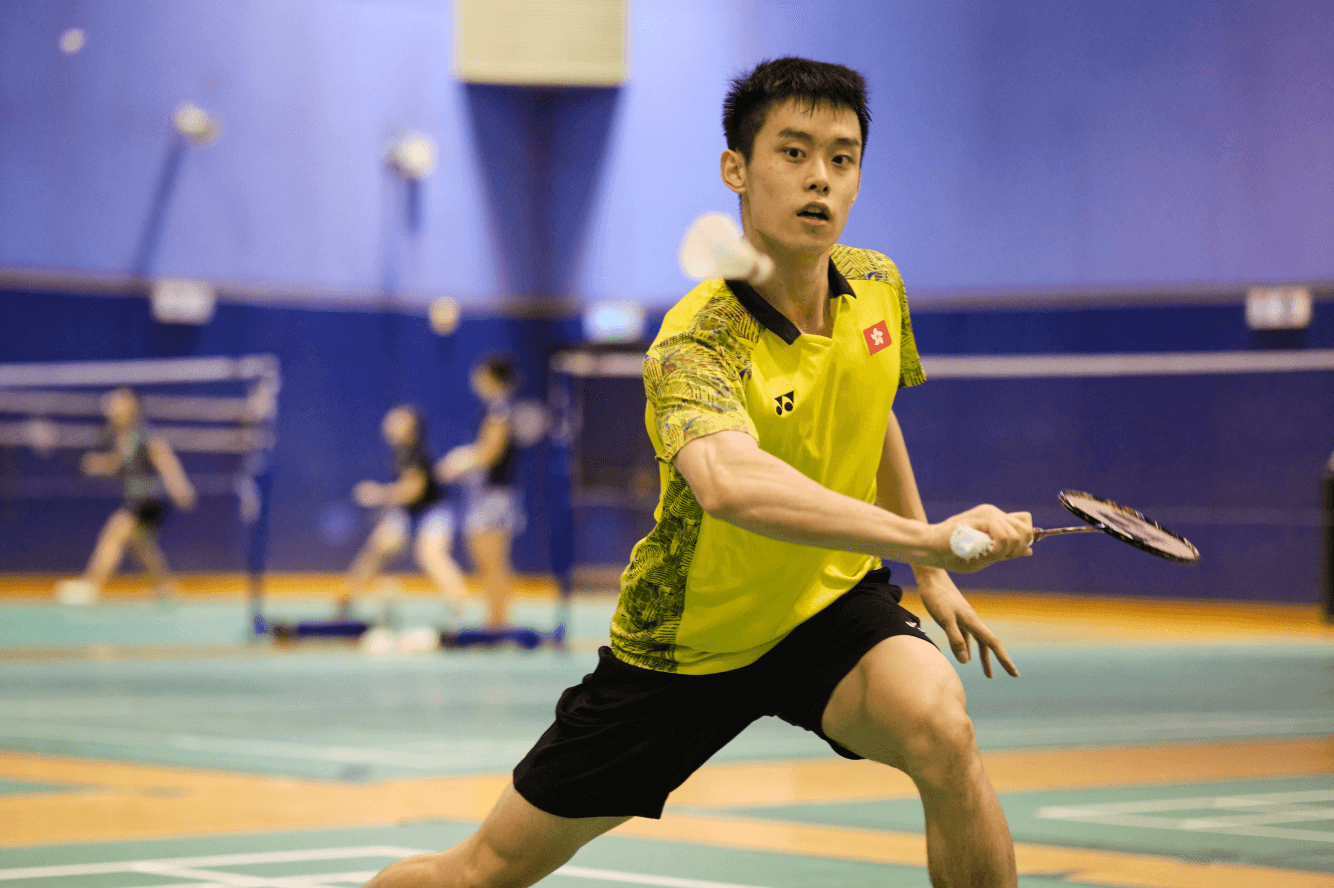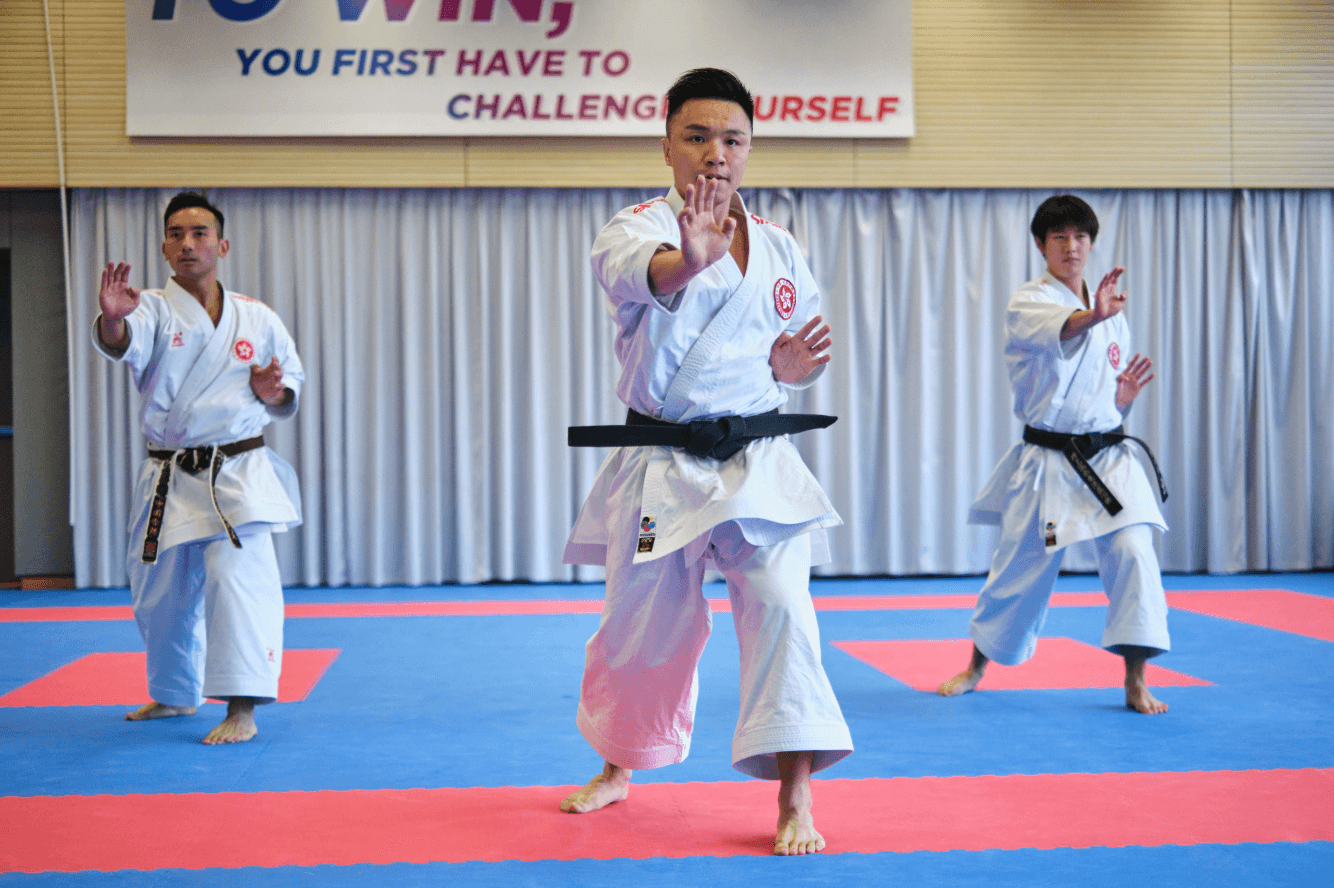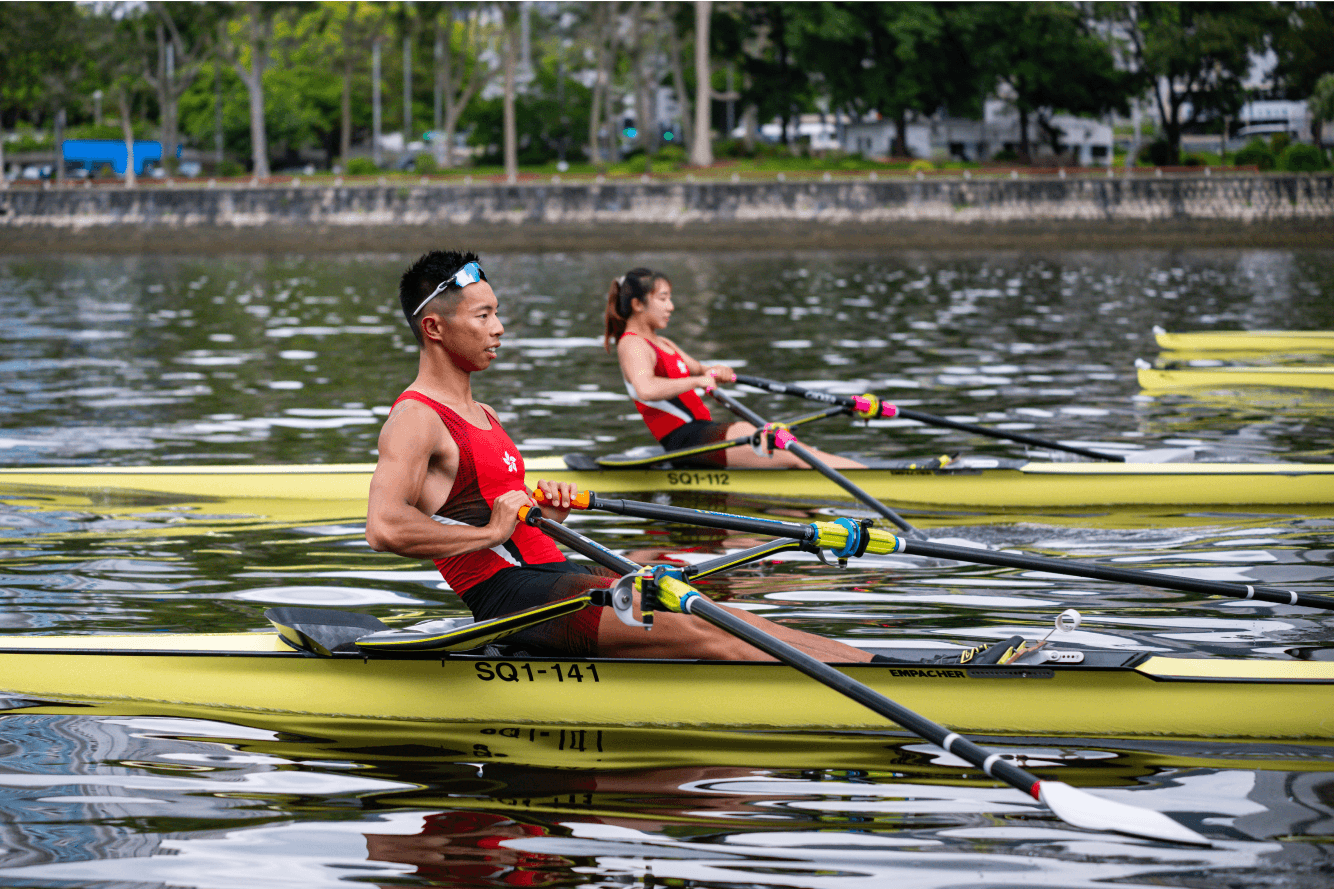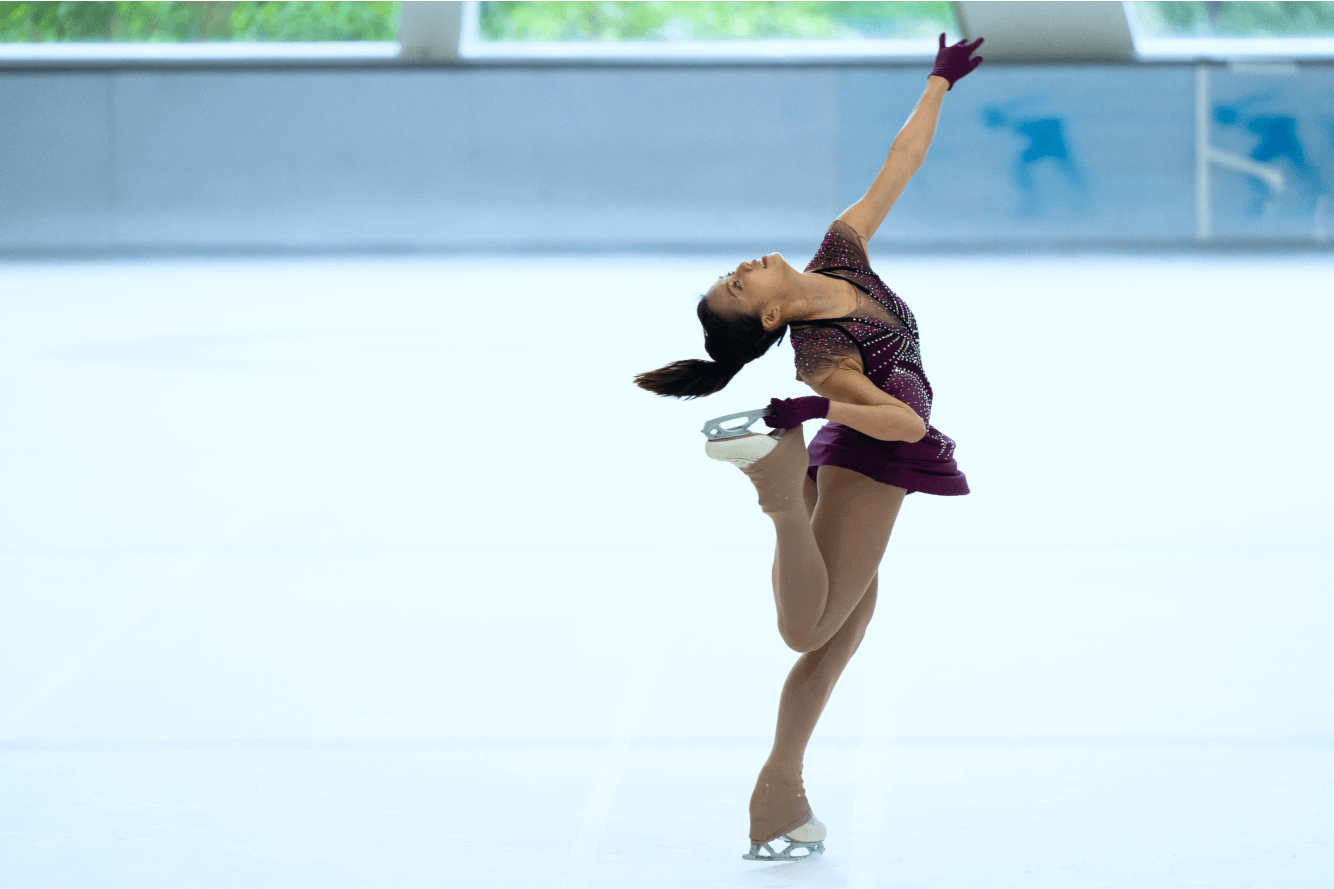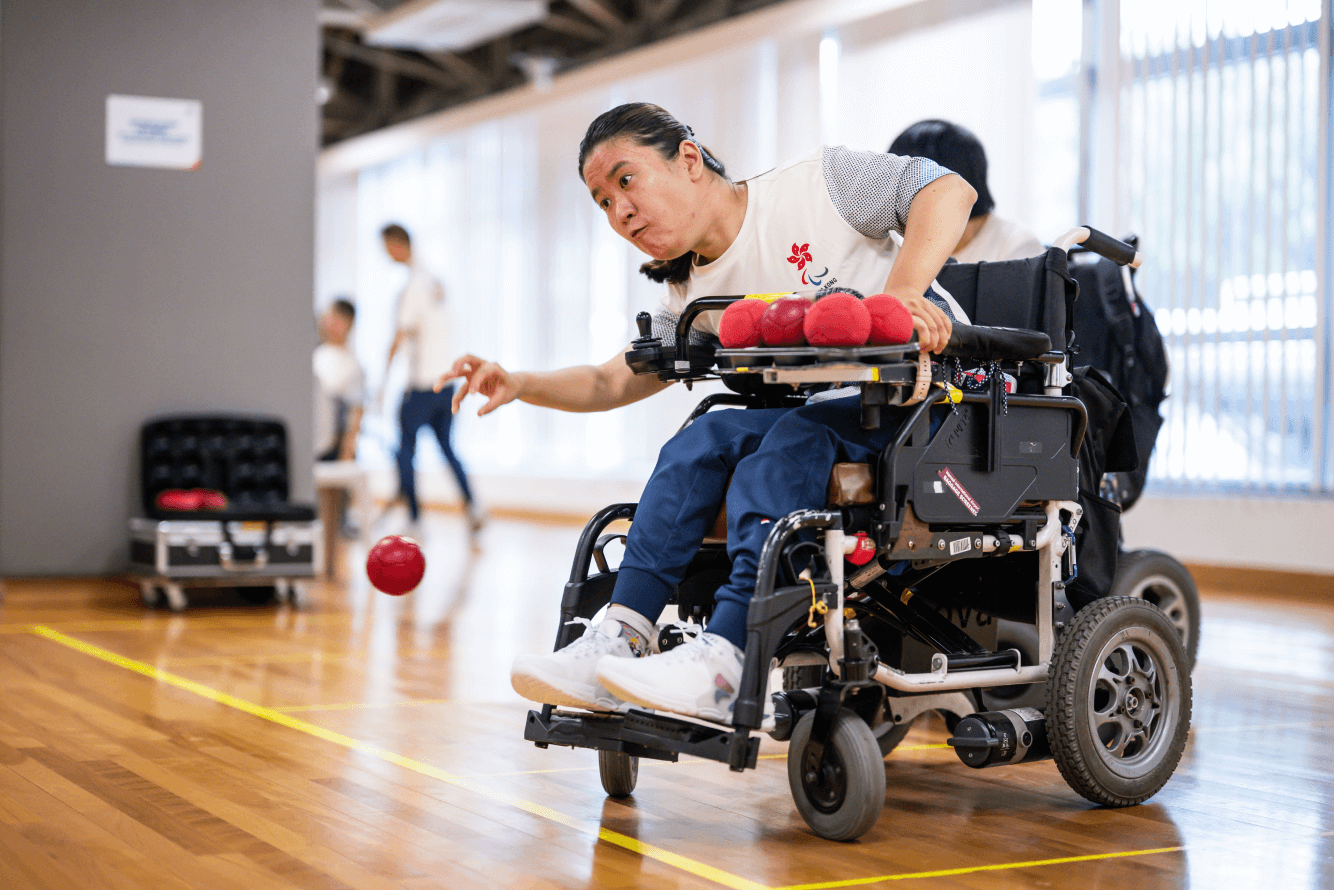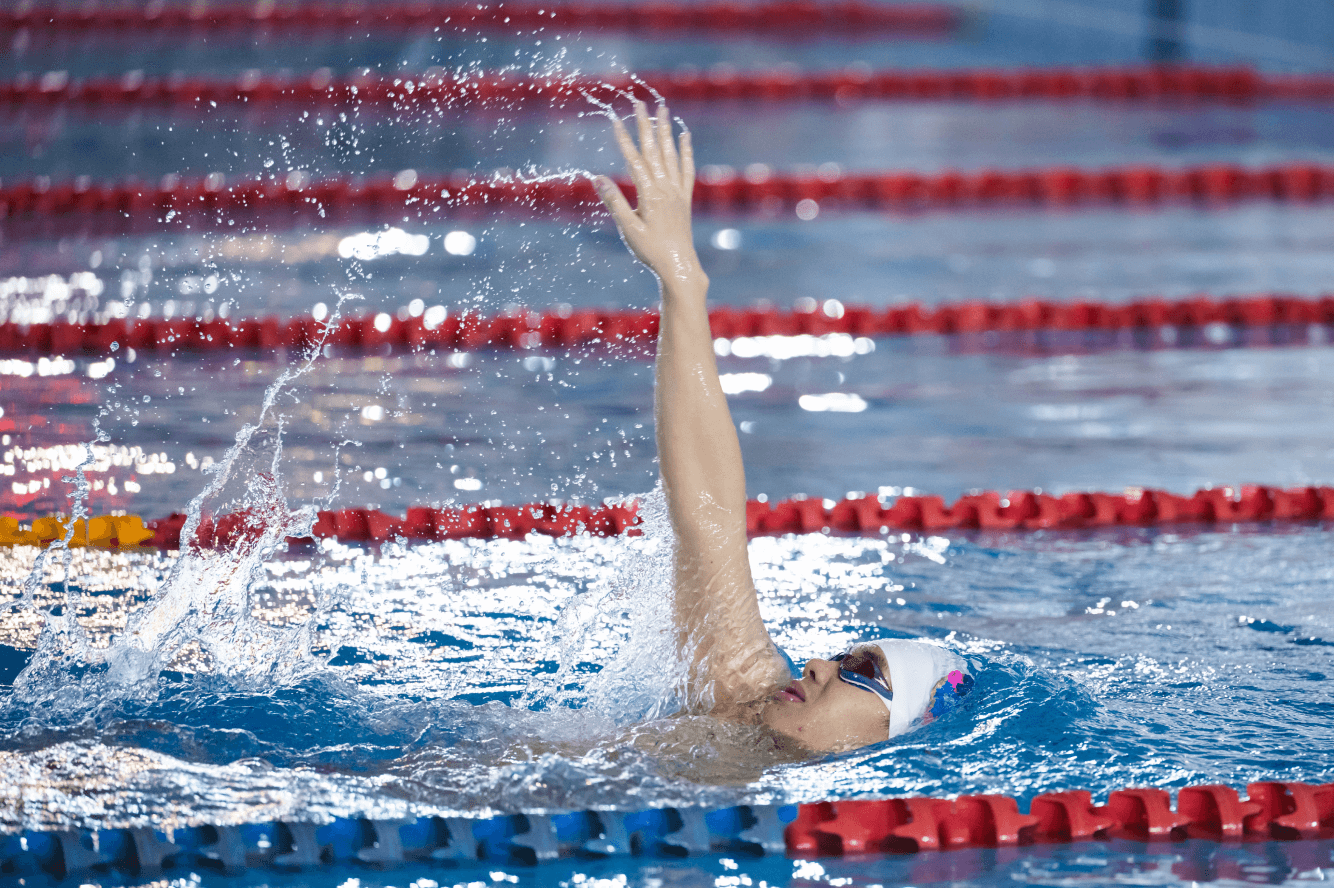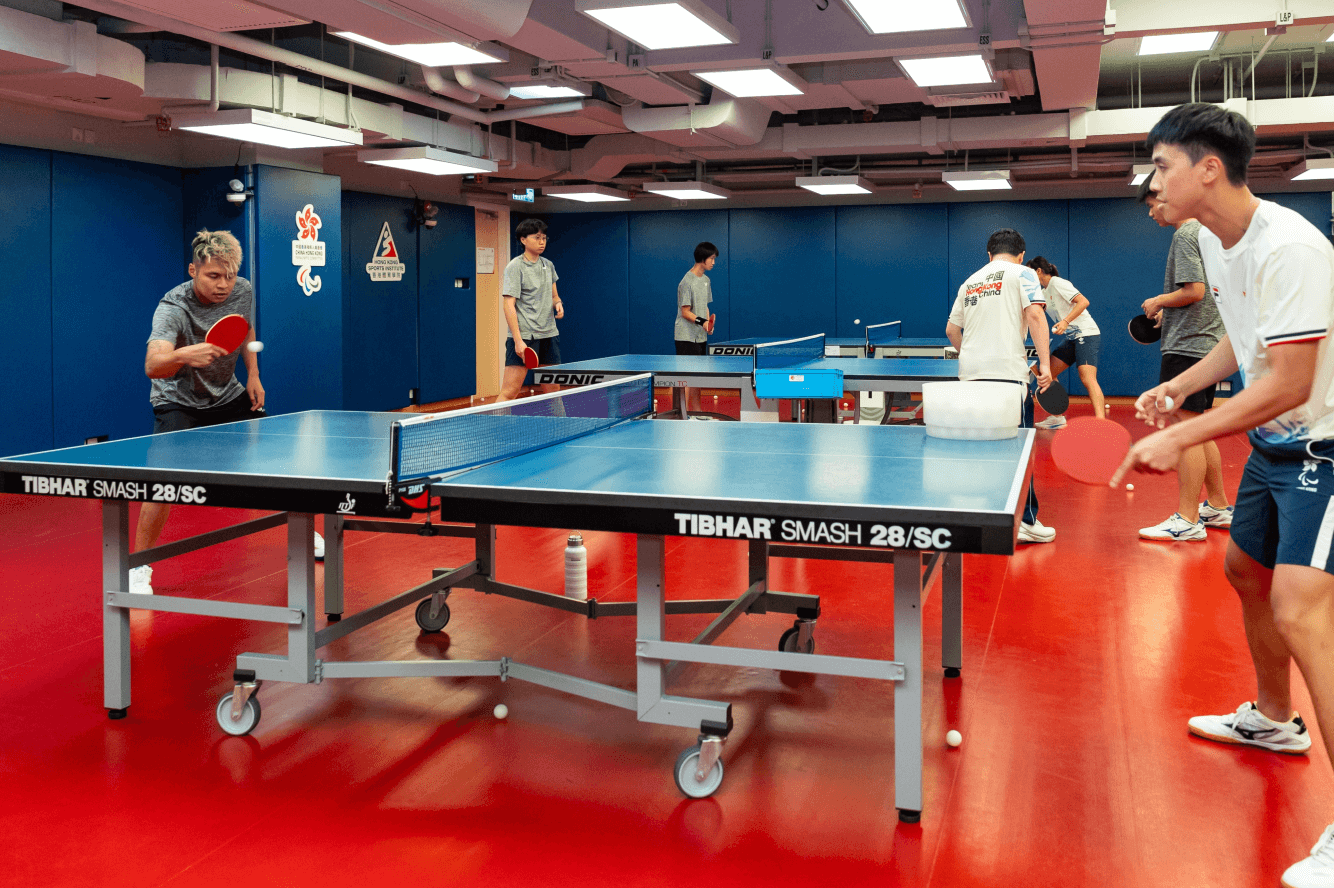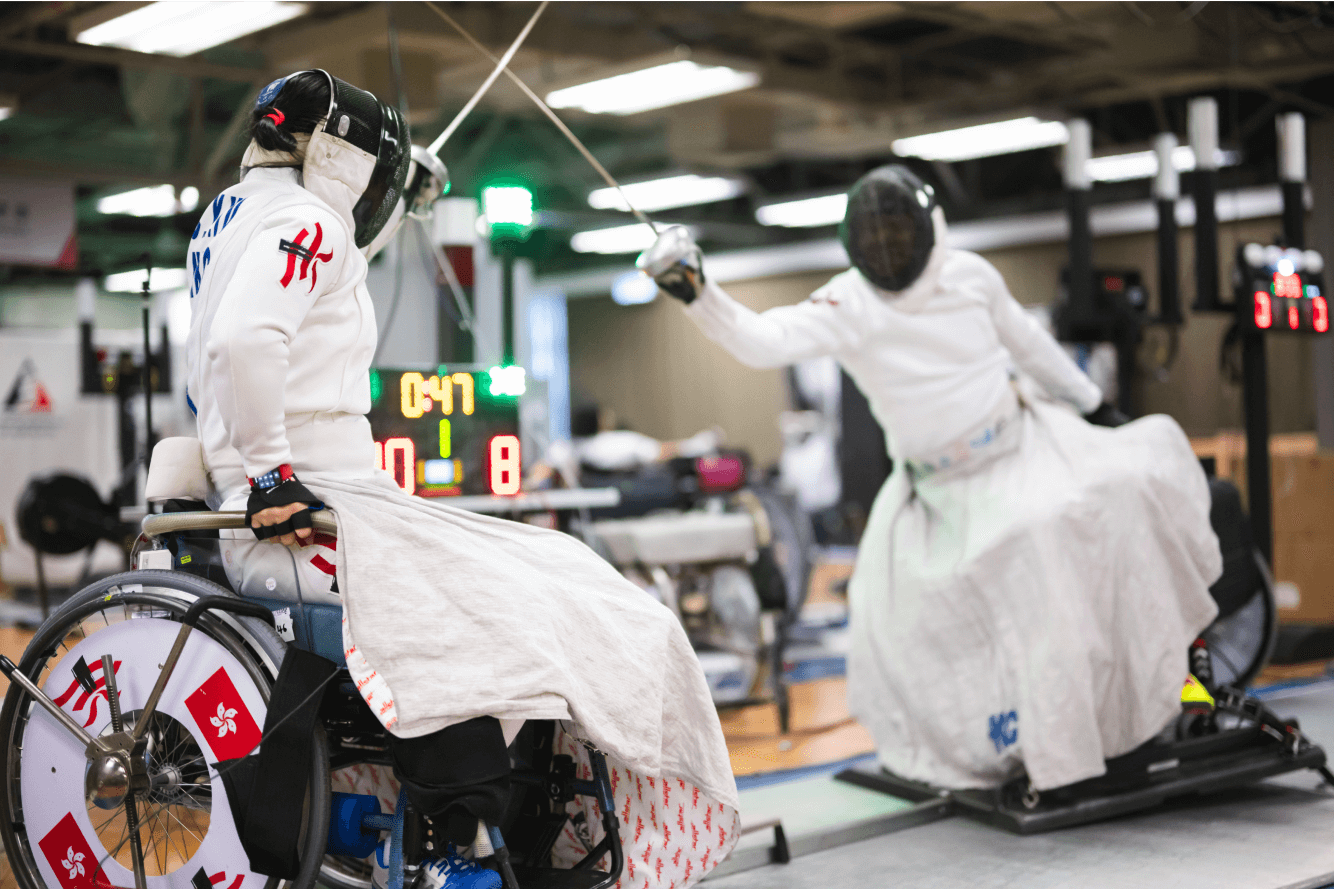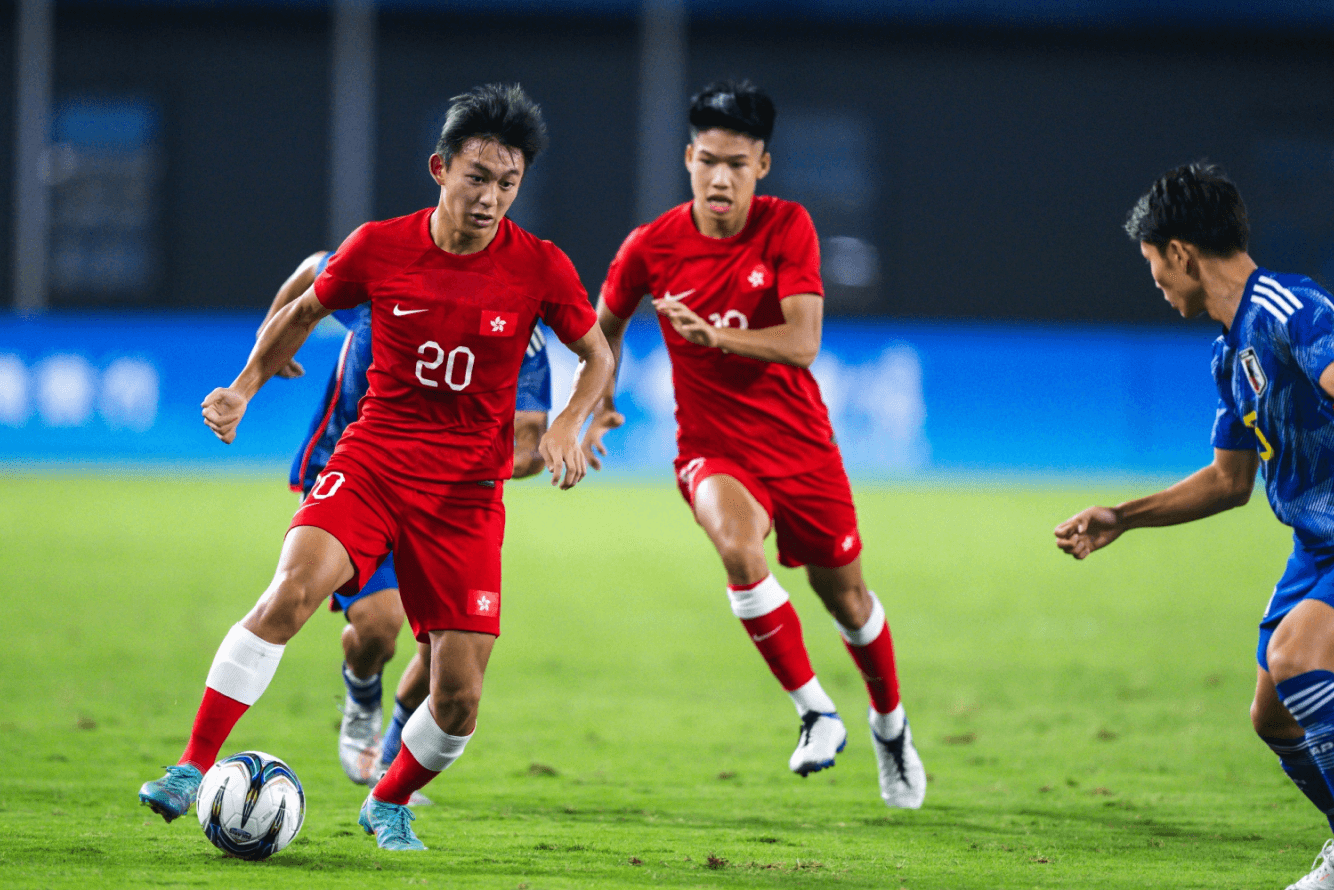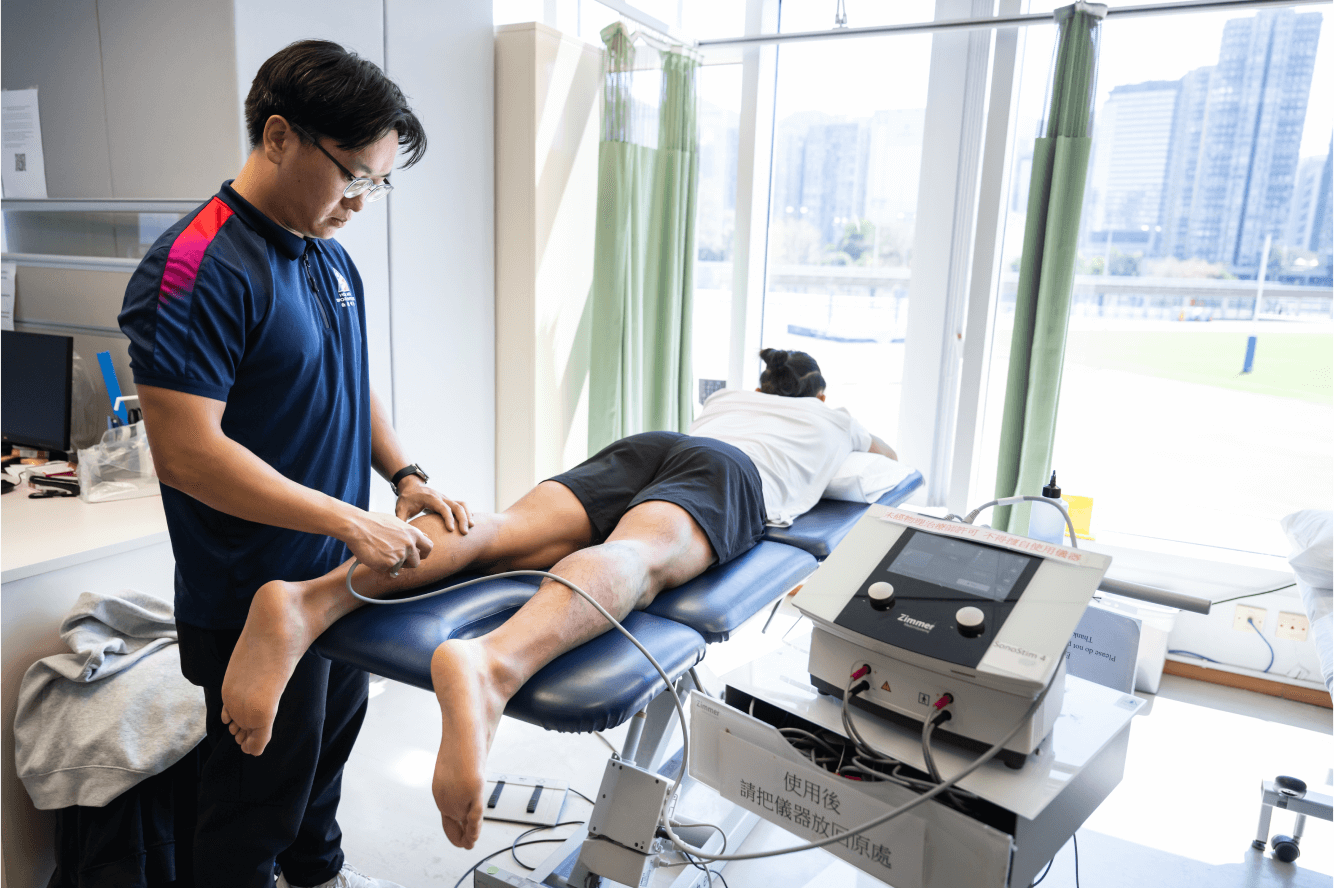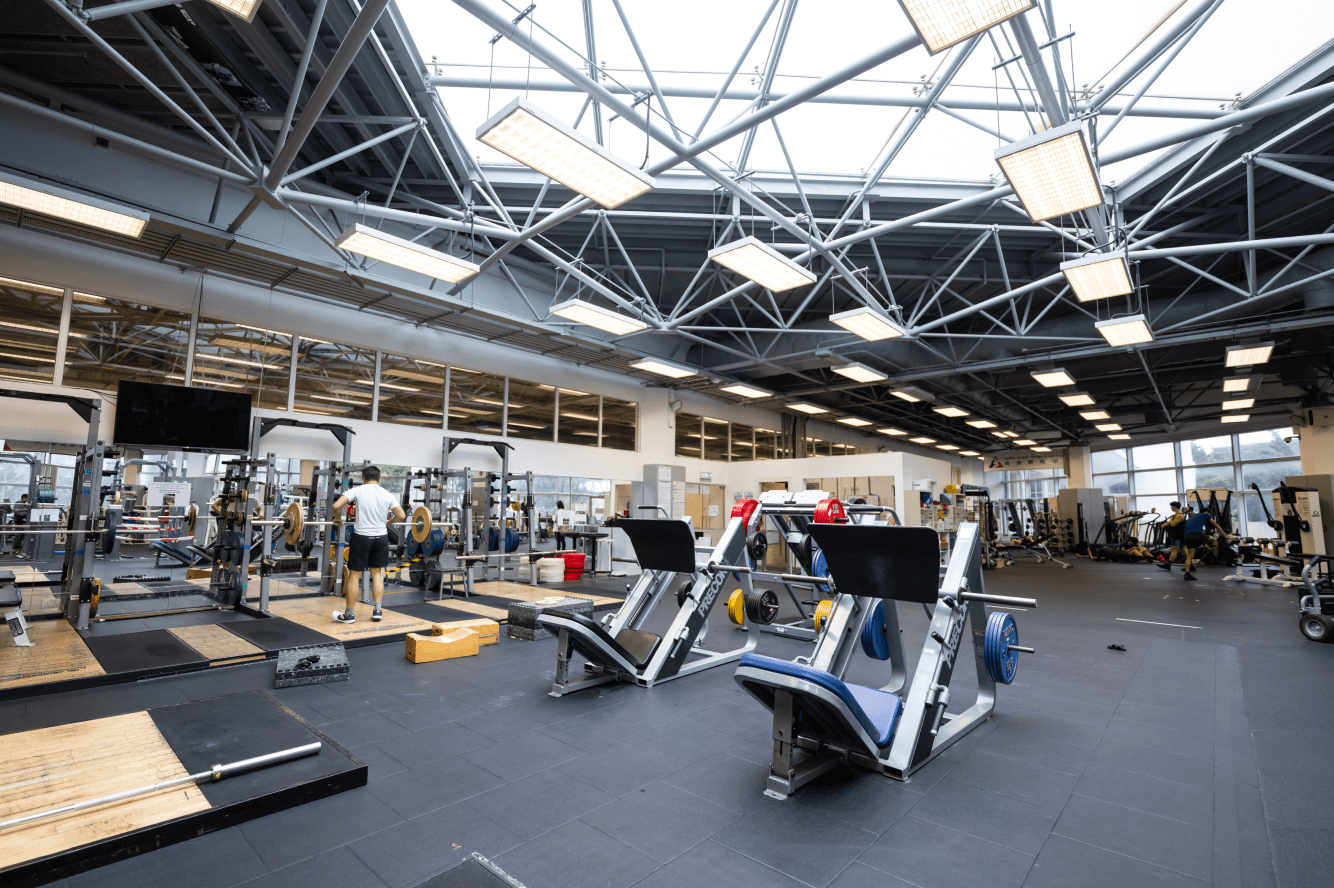Elite Training
The HKSI is the Government’s designated organisation to provide a world-standard training and support environment for high performance athletes, enabling them to excel in the international sporting arena.
Committed to providing science-based, athlete-centred support for elite training, we employ a multi-disciplinary biopsychosocial model. Sustained funding support also plays a pivotal role in athletes’ continuing success. The Elite Athletes Development Fund provides the HKSI with a stable, long-term source of funding, empowering the Institute to ensure financial stability for elite athletes so they can focus on training and international competitions.
The facilities of the HKSI include an indoor Sports Complex featuring world standard training venues for badminton, billiard sports, fencing, karatedo, squash, table tennis, tenpin bowling and wushu, alongside integrated sports facilities for athletes with disabilities, an Athletic Field, an international standard indoor Swimming Complex, a Rowing Centre and Tennis Courts. Off-site facilities are also provided for other Tier A sports.
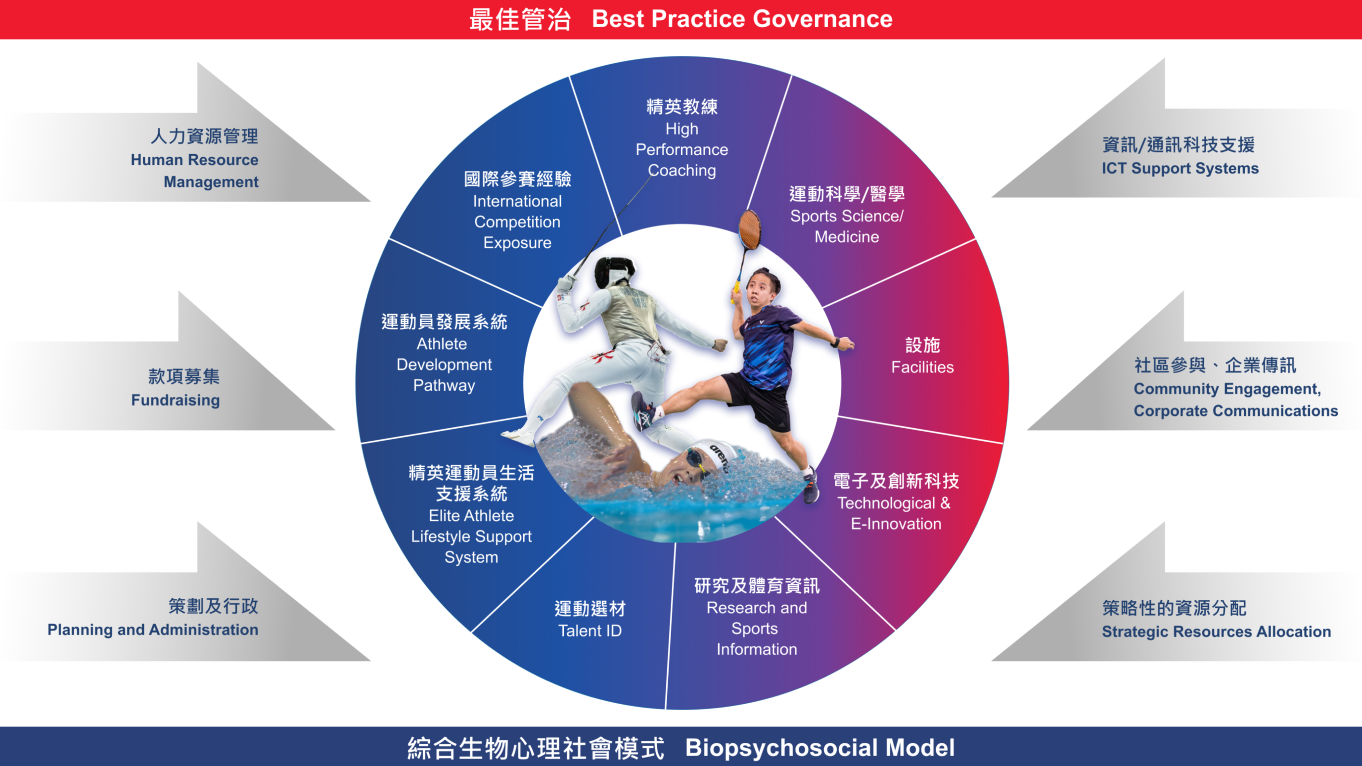
HKSI’s 21st Century Elite Training System
The HKSI’s elite sport system framework combines policy/management and science models to articulate a 21st century elite training delivery system.
It is an athlete-centred system bounded by best practice principles of corporate governance on the one hand, and the scientific principles of the biopsychosocial model on the other. The biopsychosocial model of athlete development recognises the interaction of biological, psychological and socio-cultural factors which impact on athlete development.
The HKSI is structured to provide centralised, integrated support systems targeting all aspects of the athletes’ physiological, psychological, social support, and personal development needs. The critical success factors, which are directly related to the systematic development of elite athletes, are portrayed inside the circle, while support activities which are not directly related to individual athletes’ development but which improve the provision and efficient functioning of the elite training system, are portrayed outside the circle.
Direct Financial Support to Athletes
In 2023/24, the HKSI provided HK$175.97 million to 1,312 athletes through six Direct Financial Support schemes (DFS) – Elite Training Grant (ETG), Elite Training Grant for Athletes with Disabilities (ETGD), Sports Aid Grant (SAG), Sports Aid Grant for Athletes with Disabilities (SAGD), Individual Athletes Support Scheme (IASS) and Jockey Club World Championships Performance Scheme (JCWCPS), to provide them with a financially stable environment in which to train and compete at Major Games.
Elite Training Grant
HK$100.1M
600
Recipents
Sports Aid Grant
HK$10.01M
100
Recipents
Elite Training Grant for Athletes with Disabilities
HK$10.01M
10
Recipents
Sports Aid Grant for Athletes with Disabilities
HK$0.10M
1
Recipients
Individual Athletes Support Scheme
HK$10.01M
100
Recipients
Jockey Club World Championships Performance Scheme
HK$1.01M
10*
Recipients
Total
HK$100.00M
1,000Recipients
Under the Government’s Elite Vote Support Scheme (EVSS), senior and junior athletes’ achievements at major international competitions serve as the selection criteria for identifying the high performance sports to be supported by the HKSI for a four-year period. Sports are categorised into three levels: Tier A*, Tier A and Tier B. A review is conducted every two years and is aligned with the Asian Games and Olympic Games cycles to provide stable support.
In 2023/24, 20 Tier A sports – athletics, badminton, billiard sports, cycling, equestrian, fencing, gymnastics, karatedo, rowing, rugby sevens, sailing, skating, squash, swimming, table tennis, tennis, tenpin bowling, triathlon, windsurfing and wushu – were supported by the HKSI. These were provided with funding for elite training, coaching teams led by a Head Coach, full sports science and sports medicine support, and athlete development programmes. Six of these sports – badminton, cycling, fencing, swimming, table tennis and windsurfing – whose athletes have consistently performed at the highest level and have the potential to win medals at the Olympics were selected as Tier A* sports. They have also received additional resources required to enhance specific areas of their Olympic preparation programmes leading up to the Paris 2024 Olympic Games.
Funding and support were also provided to 13 Tier B sports – contract bridge, dancesport, dragon boat, golf, judo, kart, lawn bowls, life saving, mountaineering, orienteering, roller sports, shuttlecock and taekwondo – to support the corresponding Elite Training Programmes.
Under the EVSS for Para sports, athletes’ achievements at international competitions are used to identify Tier A and Tier B Para sports to be supported by the HKSI for a period of four years. Reviews aligning with the Asian Para Games and Paralympic Games cycles are conducted every two years. In 2023/24, Tier A sports included boccia, Para badminton, Para table tennis, and wheelchair fencing for athletes with physical disabilities; and Para swimming and Para table tennis for athletes with intellectual disabilities. Tier B sports included Para athletics for athletes with intellectual disabilities, Para lawn bowls and Para tenpin bowling for athletes with physical disabilities.
In order to enhance the development of team sports, the Government launched the Development Programme for Team Sports in January 2018. The HKSI has been appointed as the delivery agent to provide administrative support and professional advice for the Programme, which covers eight team sports with team sizes of five or more featured in the Asian Games, namely baseball (men), basketball, football (women), handball, hockey, softball (women), volleyball and water polo.
The programme provides additional funding to the eight NSAs to formulate and implement training programmes for Hong Kong to compete in the Asian Games. The Government launched the Programme’s new round in January 2024. With the existing training and competition support, the new three-year Programme has introduced targeted support, including the provision of additional resources to develop second-tier squads, dedicated funding for engagement of high performance coaches and strengthening of sports medicine support. From 2024 onwards, each representative team would receive funding of up to HK$1.6 million per year depending on the number of team members allowed to register at the Asian Games. Apart from the above funding support, members of Hong Kong national squad and second-tier squad would receive a monthly allowance of HK$4,000 and HK$1,000, respectively, if they meet the training requirement.
In 2023/24, a total of HK$30.2 million was provided to support Tier A sports for international title events held outside Hong Kong, and their national and junior squad training programmes. The HKSI also provided HK$41.2 million to the Sports Association for the Physically Disabled of Hong Kong, China and the Hong Kong, China Sports Association for Persons with Intellectual Disability to support their Elite Training Programmes.
In order to provide science-based, athlete-centred support for elite training, the HKSI uses the multi-disciplinary biopsychosocial model to formulate its support strategy. There are six centres in the Elite Training Science & Technology Division: the Scientific Conditioning Centre, Sport Biomechanics & Technology Centre, Sport Nutrition Monitoring Centre, Sport Psychology Centre, Sports Medicine Centre, and Sports Information & External Affairs Centre.
They work as a team to identify any training issues or concerns, and develop evidence-based solutions with coaches. The support procedures are regularly updated through continuous monitoring, discussion and benchmarking against the latest research data. Each year, the Division works with NSAs to identify and develop potential athletes through talent identification programmes, and organises seminars, lectures and workshops for athletes and coaches, NSAs, local and overseas tertiary and sports institutes, as well as other collaborative partners. Publications are produced to boost education and foster exchange between the HKSI and elite sport professionals in applied sports science and medicine.
Following the excellent results achieved by Hong Kong elite athletes at the Tokyo 2020 Olympics and Paralympics, the Government and The Hong Kong Jockey Club Charities Trust launched the HK$300 million Sports Science and Research Funding Scheme (SRFS) to strengthen and intensify support in sports science and sports medicine, to enable athletes to pursue sporting excellence in coming major international sports events.
As of 31 March 2024, a total of 24 projects under the SRFS had been approved by the Secretary for Culture, Sports and Tourism, including seven additional projects in 2023/24, aiming to help improve athletes’ performance and competitiveness. The total of 24 approved projects covered six Tier A* sports (badminton, cycling, fencing, swimming, table tennis and windsurfing), nine Tier A sports (gymnastics, karatedo, rowing, rugby sevens, sailing, squash, tennis, triathlon and wushu) and five Tier A Para sports (boccia, Para badminton, Para table tennis (intellectual disability), Para table tennis (physical disability) and wheelchair fencing).
Overseas Support Provided to Athletes (No. of Staff Days)
100
Sports Nutrition
200
Sports Psychology
1000
Sports Medicine
200
Sport Biomechanics & Technology
400
Scientific Conditioning
Service Sessions Provided to Athletes
20000
Sports Nutrition
4000
Sports Psychology
30000
Sports Medicine
6000
Sport Biomechanics & Technology
5000
Scientific Conditioning
Participants in Talent Identification Programmes
100
Facilities Development Project
The HKSI is committed to maintaining its status as a leading world-class elite training centre with the ultimate goal of winning medals for Hong Kong at increasingly competitive major international competitions. Over the past decade, the number of athletes at the HKSI and the number of Elite Sports have greatly increased. The outstanding achievements of Hong Kong athletes hinge on the provision of professional facilities for training and support services. To meet the space and infrastructure requirements of such facilities, the construction of a new facilities building, including two multi-purpose training venues and a number of facilities related to sports science and sports medicine, commenced in late 2021. The construction of the new facilities building is targeted for completion in mid-2024, and will be put into operation in late 2024.




